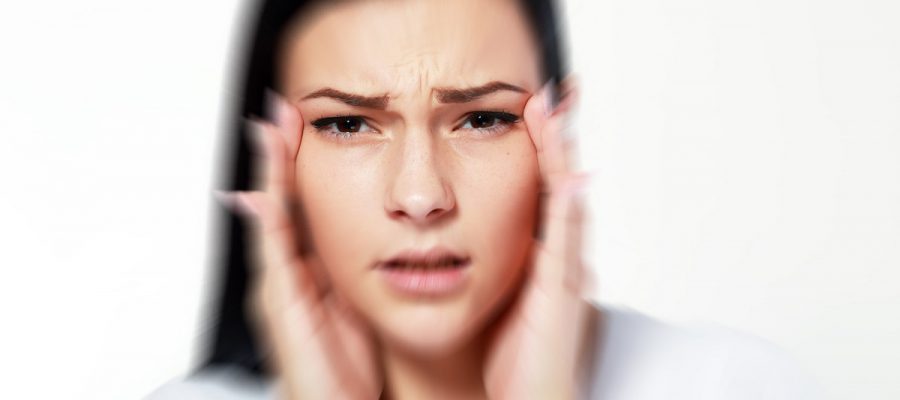
What to Do for TMJ-Related Ear Pain?

The temporomandibular joint, or “TMJ,” is the hinge that connects the jaw to the skull, located just below the ears. You use this joint every time you chew, swallow, yawn, and talk.
Issues occurring with the TMJ produce a variety of symptoms, one of which is ear pain ranging in intensity from mild to severe.
If you suffer from TMJ-related ear pain, there are several ways you can get relief. Read on as Dr. Ivan Stein of the Headache & TMJ Center of New Jersey shares five tips to improve the tension triggering your ear pain.
Perform Specific Exercises and Stretches
Performing certain exercises can relax and strengthen the jaw and its connecting muscles and improve joint movement. Over time, this can provide ear-pain relief.
Examples of exercises you can perform include chin tucks, opening and closing the mouth, side-to-side and forward jaw movements, and various relaxation techniques.
Exercises shouldn’t be done if you’re experiencing extreme discomfort, though. Start any exercise slowly, as you may feel some resistance but the sensation should be tolerable and gradually get better.
Modify Your Diet
If you eat a lot of hard, chewy or crunchy foods, your diet may be contributing to your TMJ-related ear pain. Choose softer, less-chewy foods instead, as they are less likely to strain the jaw. You should also avoid chewing gum.
Make Lifestyle Changes
In addition to dietary modifications, making other simple lifestyle changes can alleviate TMJ-related ear pain. Here are a few easy suggestions:
• Avoid biting the lower lip and fingernails
• Maintain good posture
• Keep the upper and lower teeth separated to prevent the jaw from clenching
• Limit activities involving big jaw movements, such as yawning and singing
Wear a Mouth Guard
Since TMJ-related ear pain may result from nighttime teeth grinding or jaw clenching, wearing a mouth guard may help. A mouth guard can realign the jaw as you sleep and relieve some of the joint tension.
It’s best to consult with a dentist to get a custom-fit mouth guard because a regular mouth guard isn’t as effective at holding the jaw in place.
Take Pain Relievers
Taking over-the-counter anti-inflammatory pain relievers, such as acetaminophen and ibuprofen, can help relieve TMJ-related ear pain. If the pain is severe enough, a doctor may prescribe muscle relaxers. Applying a warm compress to the jaw can also provide relief.
Get Relief From TMJ-Related Ear Pain
If you suffer from TMJ-related ear pain, call or email the office of Dr. Stein at the Headache & TMJ Center of New Jersey to learn more about what you can do to ease your discomfort.

